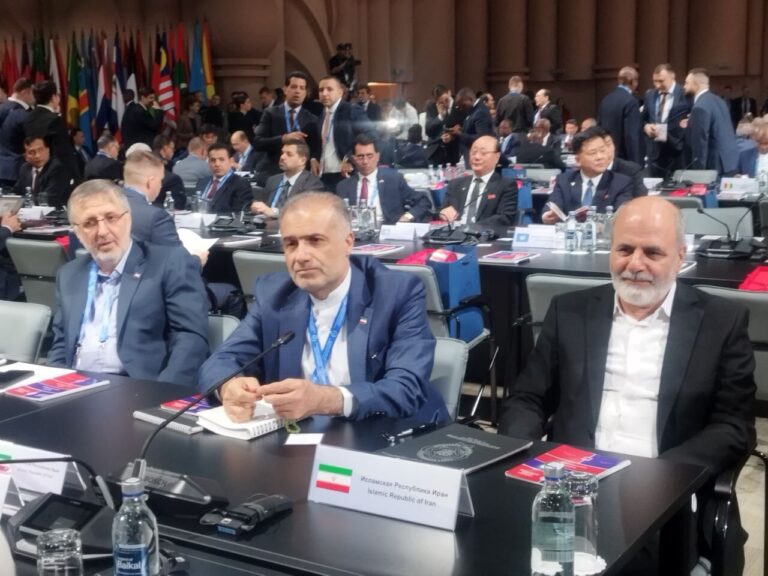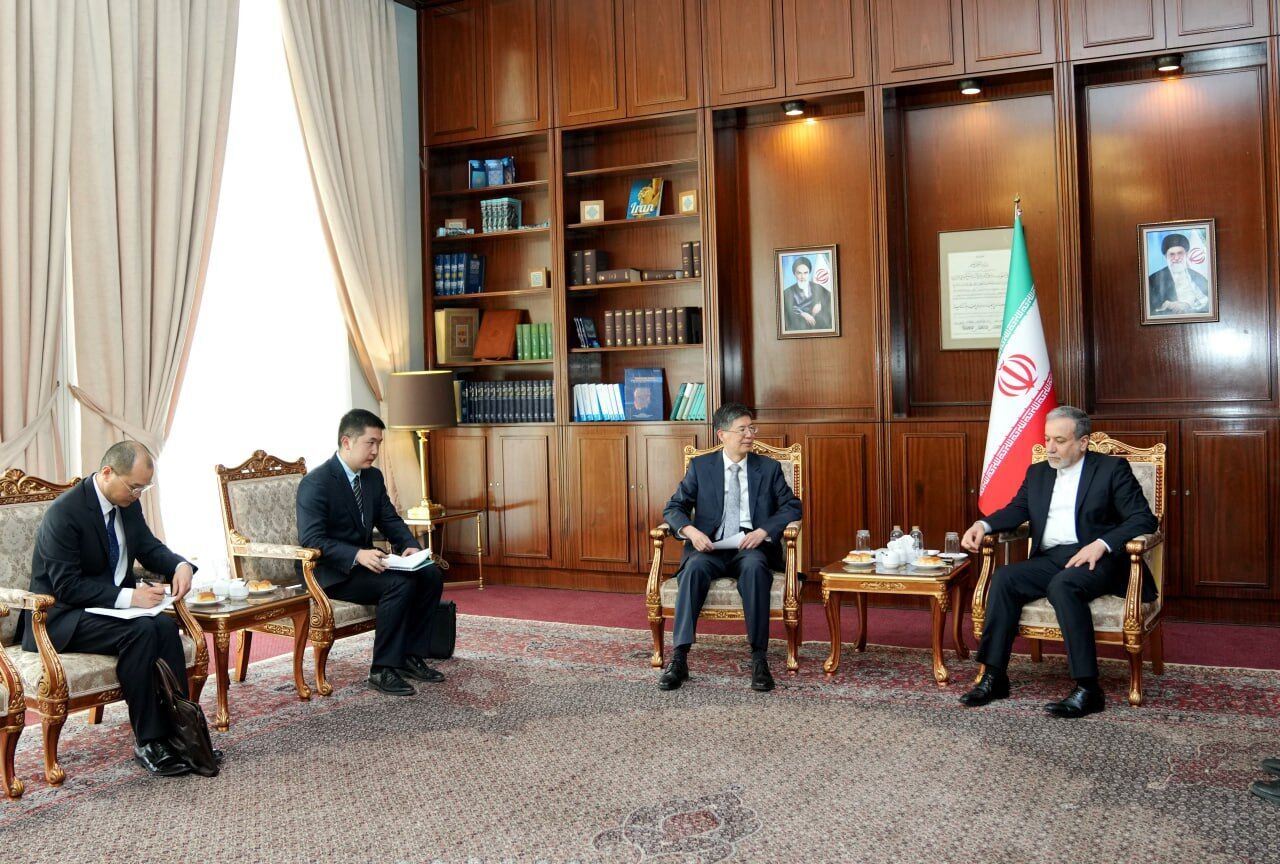
Similar Posts
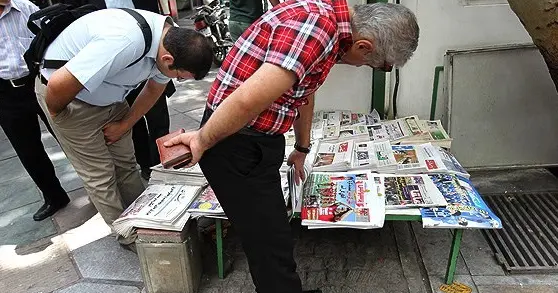
Tehran Newspapers Divided: Unraveling the Causes Behind the Port Explosion
Tehran’s morning newspapers presented divergent views on the explosion at Rajaei port, reflecting significant political divides. Conservative outlets like Kayhan and Javan attributed the incident to safety protocol failures, accusing foreign adversaries of spreading disinformation. In contrast, reformist daily Ham-Mihan suggested the explosion’s timing, coinciding with Iran-U.S. negotiations, indicated possible sabotage linked to foreign entities, including proxies. The ongoing investigation remains crucial, with calls for transparency amid heated debates over the incident’s implications for safety, security, and internal politics in Iran. The event underscores the complexities of Iran’s political landscape and its international relations.
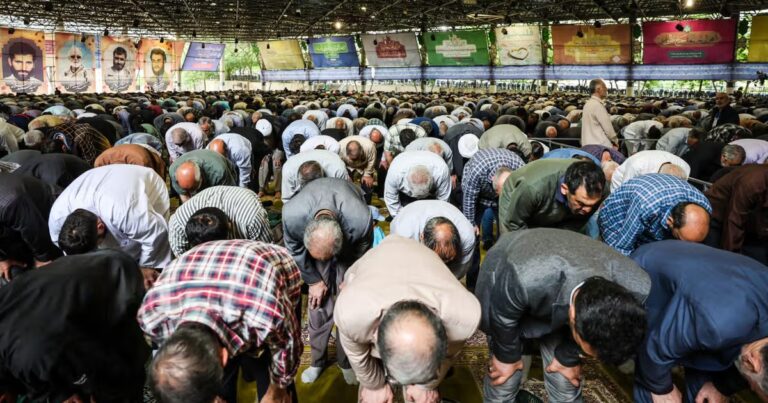
State Clerics Hail Diplomatic Wisdom of Nuclear Talks During Friday Prayers
Senior Iranian clerics have cautiously welcomed renewed indirect negotiations with the U.S. regarding Iran’s nuclear program, emphasizing national sovereignty and the need for sanctions relief. During a Friday sermon, interim prayer leader Mohammad-Hassan Aboutorabi-Fard highlighted Iran’s commitment to a peaceful nuclear agenda and transparency while resisting external pressures. Indirect talks in Rome and Muscat aim to gauge U.S. sincerity, with Iran’s Foreign Minister calling them a critical test. Clerics warned against overreliance on diplomacy, advocating for structural economic reforms regardless of negotiation outcomes. They reiterated the importance of national strength and scientific advancement in securing Iran’s interests and sovereignty.
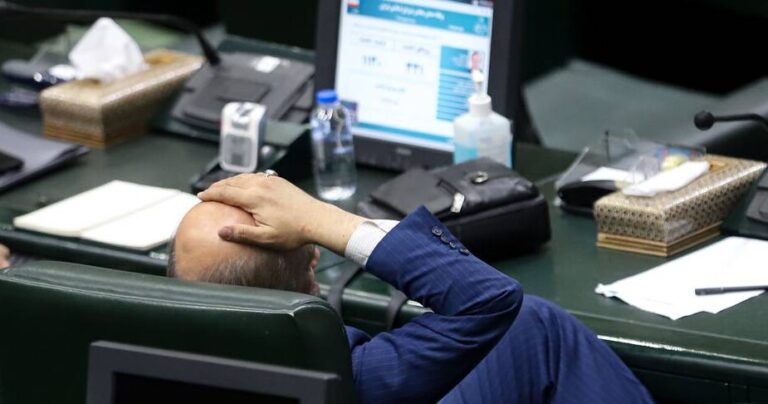
Tehran’s Domestic Challenges Loom Large Amid Washington Negotiations
Iran is facing a critical foreign affairs situation, engaging in talks with the U.S. while grappling with severe domestic issues. The government, led by Masoud Pezeshkian, struggles with basic reforms, such as daylight saving time, which could alleviate the energy crisis. Critics, including former politician Mostafa Hashemi-Taba, highlight a lack of rational governance and public participation. Proposed changes, like shifting the weekend to facilitate commerce, are stalled due to bizarre opposition. Meanwhile, pressing issues like water shortages and electricity cuts remain unaddressed, leading to civil unrest. The need for effective governance and public engagement is increasingly urgent as Iran navigates these challenges.

Amid Economic Challenges, Pezeshkian Aims to Curb Cash Handouts for Fiscal Stability
The Iranian government, led by President Masoud Pezeshkian, plans to reform its cash handout program, which has been in effect for over 15 years, to address economic challenges and inflation. The changes will exclude wealthier households, aiming to remove about 18 million recipients and redirect funds to support low- and middle-income families affected by high inflation rates. The government has allocated approximately $4 billion for cash subsidies this fiscal year. The reforms are a response to ongoing sanctions and economic mismanagement, striving to create a more needs-based support system amid deteriorating economic conditions in Iran.
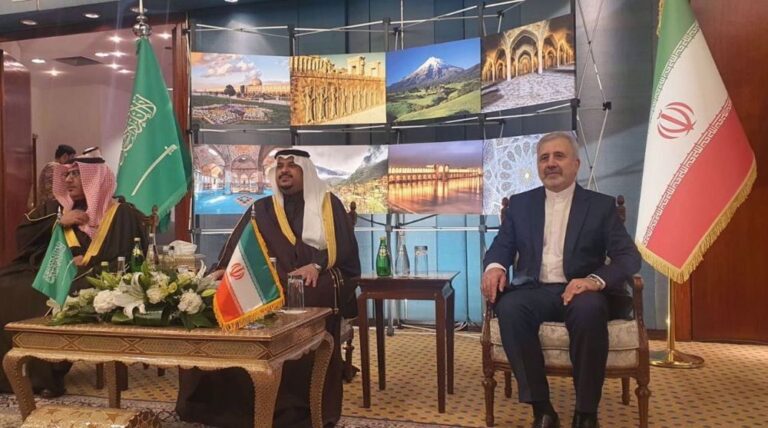
Envoy Highlights Regional Gains from Enhanced Iran-Saudi Arabia Relations
The strengthening ties between Iran and Saudi Arabia are set to enhance regional relations and solidarity among Islamic nations, according to Iranian Ambassador Ali Reza Enayati. Speaking at a ceremony in Riyadh marking the 46th anniversary of the Islamic Revolution, he emphasized Iran’s commitment to deepening cooperation with neighboring countries. Enayati noted significant progress in bilateral relations and praised Saudi efforts to support Iranian pilgrims, with 90,000 visiting last season. He called for increased dialogue in West Asia and condemned Israeli actions, urging international support for a ceasefire in Gaza. The event was attended by various diplomats and officials.
